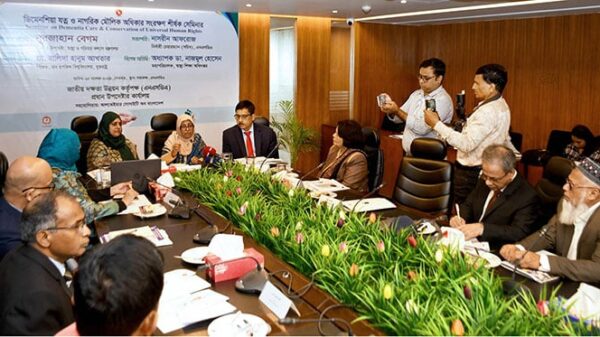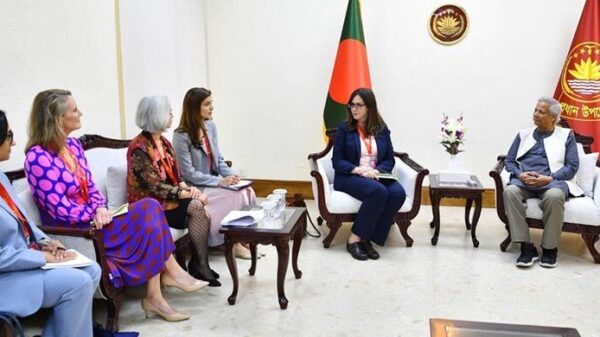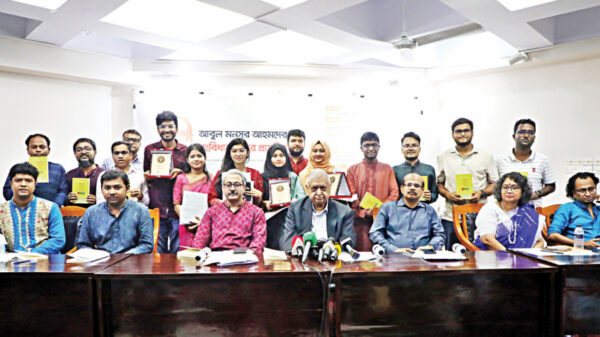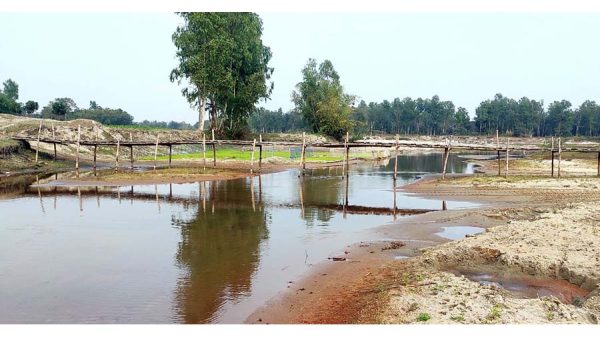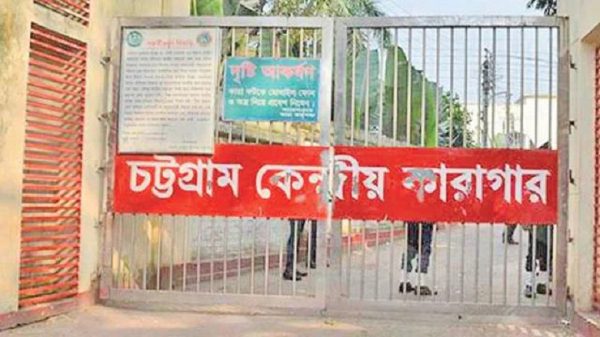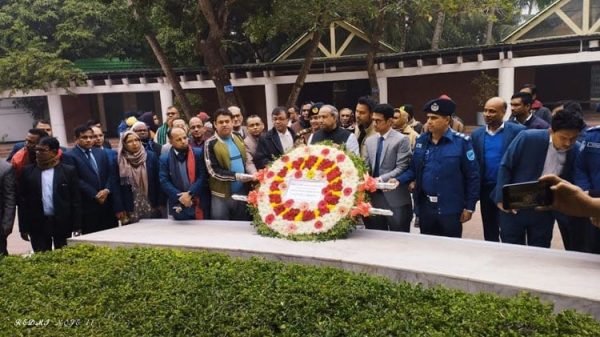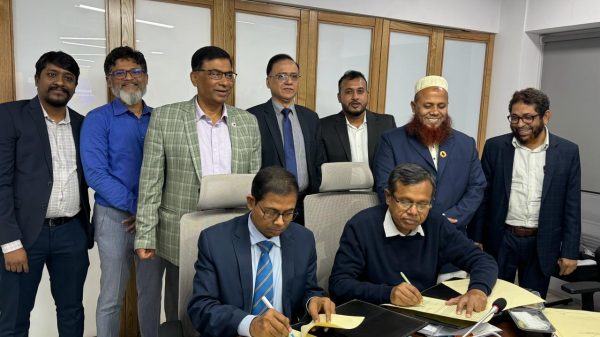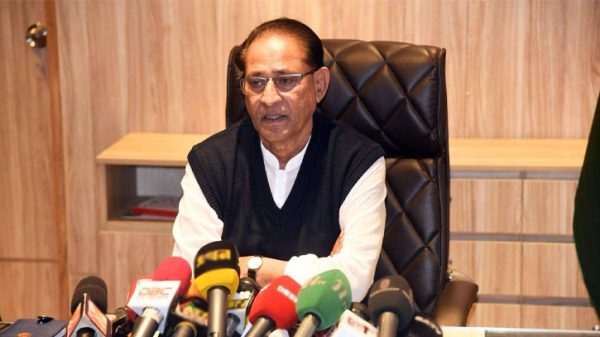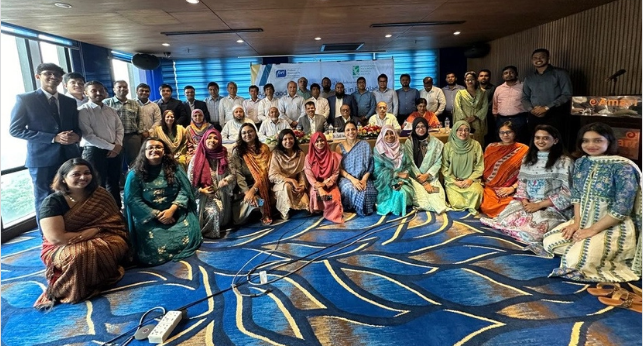Staff Reporter:
A two-day capacity strengthening program has been held in the capital focusing on new paradigms in agri-food trade policy, relevant global value chains, domestic agricultural policies and border policies.
The South Asian office of International Food Policy Research Institute (IFPRI) jointly organised the programme with Policy Research Institute (PRI) during 27-28 May, says a press release.
The programme also focused on international trade dynamics including the roles of World Trade Organization (WT) and free trade agreements.
The program included real-life case studies on coffee, maize and edible oil and hands-on demonstrations of trade patterns, the press release read.
The program brought together participants, experts, and stakeholders from leading institutions in the agri-food trade sectors of India and Bangladesh.
Agriculture plays a crucial role in the economies of the Bay of Bengal Initiative for Multi-Sectoral Technical and Economic Cooperation (BIMSTEC) member countries, namely Bangladesh, Bhutan, India, Myanmar, Nepal, Sri Lanka, and Thailand.
Not only do these countries have a vibrant agricultural sector with successful agro-processing industries and participation in the global value chain; their agri-food trade and commerce are growing, both within and across borders.
Analyzing agri-food trade policies involves a comprehensive examination of regulations, tariffs, subsidies, and market dynamics that shape the exchange of agricultural and food products between countries.
Dr Shamsul Alam, former State Minister for Planning of Bangladesh said, “Policies related to agri-food trade are critically important for South Asia and BIMSTEC region. We welcome the capacity-building effort of IFPRI and PRI in this area of agri-food trade policy.”
Dr Zaidi Sattar, Chairman of PRI, said, “Agri-food trade is the lifeline for most South Asian countries revealing the complex interplay between exports, imports, and food security.”
“In Bangladesh, though agriculture’s contribution to GDP has been dwindling, it remains a pivotal sector as the largest employer of the workforce and a vital player in ensuring food security for a large and growing population.”
“Being a net food importer, Bangladesh is reliant on the efficacy of agri-food trade within a rules-based international trade order to ensure timely and adequate food supplies at affordable prices,” he said.
Dr Mamata Pradhan, Research Coordinator of IFPRI, said, “Structurally, trade has changed fundamentally, however, the links to agri-food trade remain blurred. Moreover, while the contours of trade have changed in some places of the world, commensurate change in terms of analysis and study of trade has not happened.”
“For trade to realize its full potential, we need an analytical rethink and given the gap, we see a significant value in collaborative capacity development of different agencies working on trade and investment in the BIMSTEC region,” she said.






